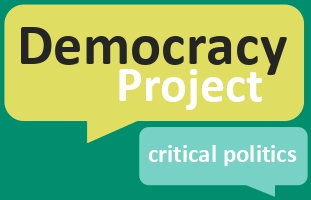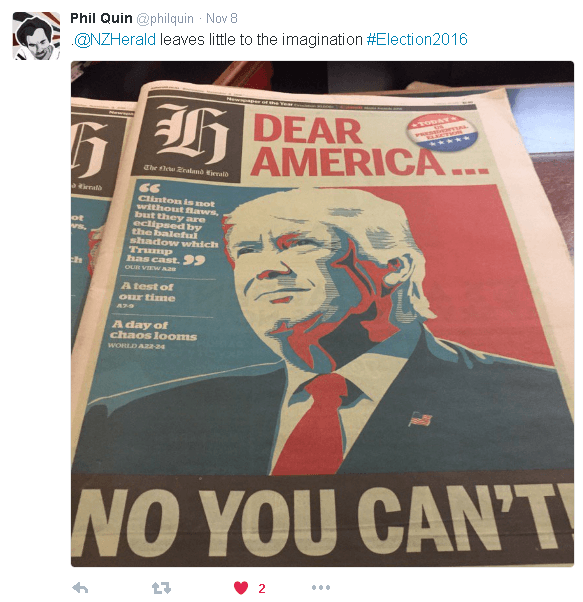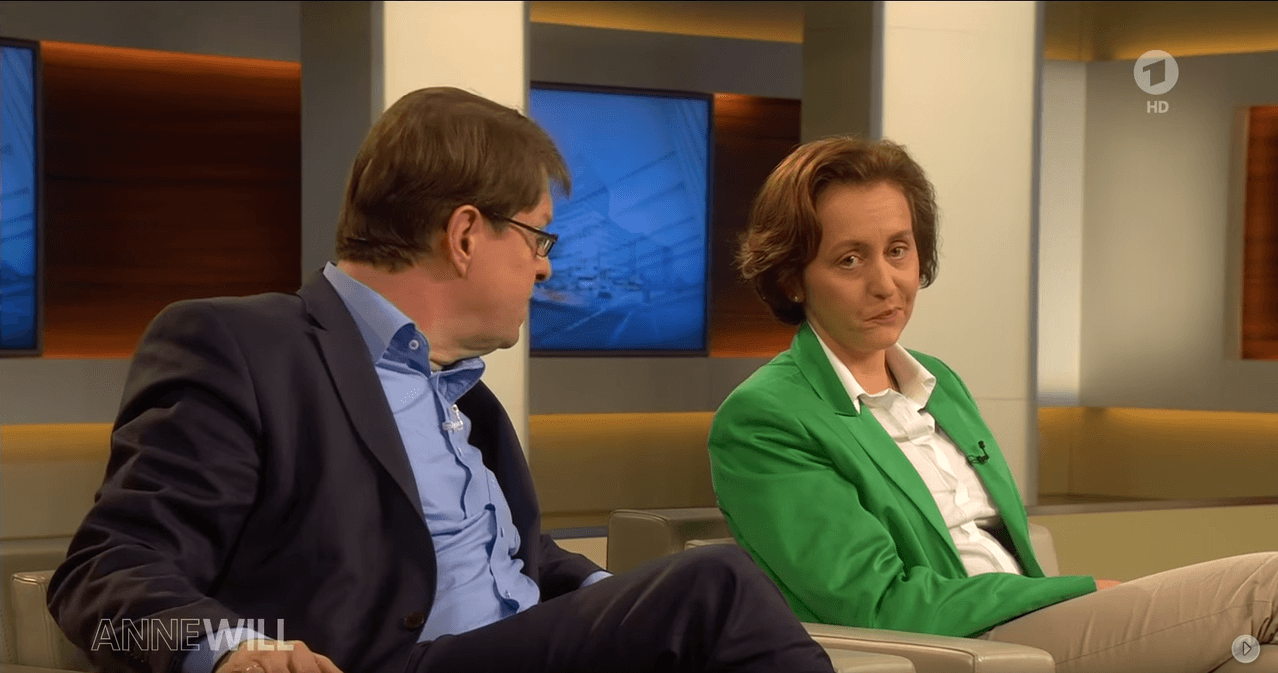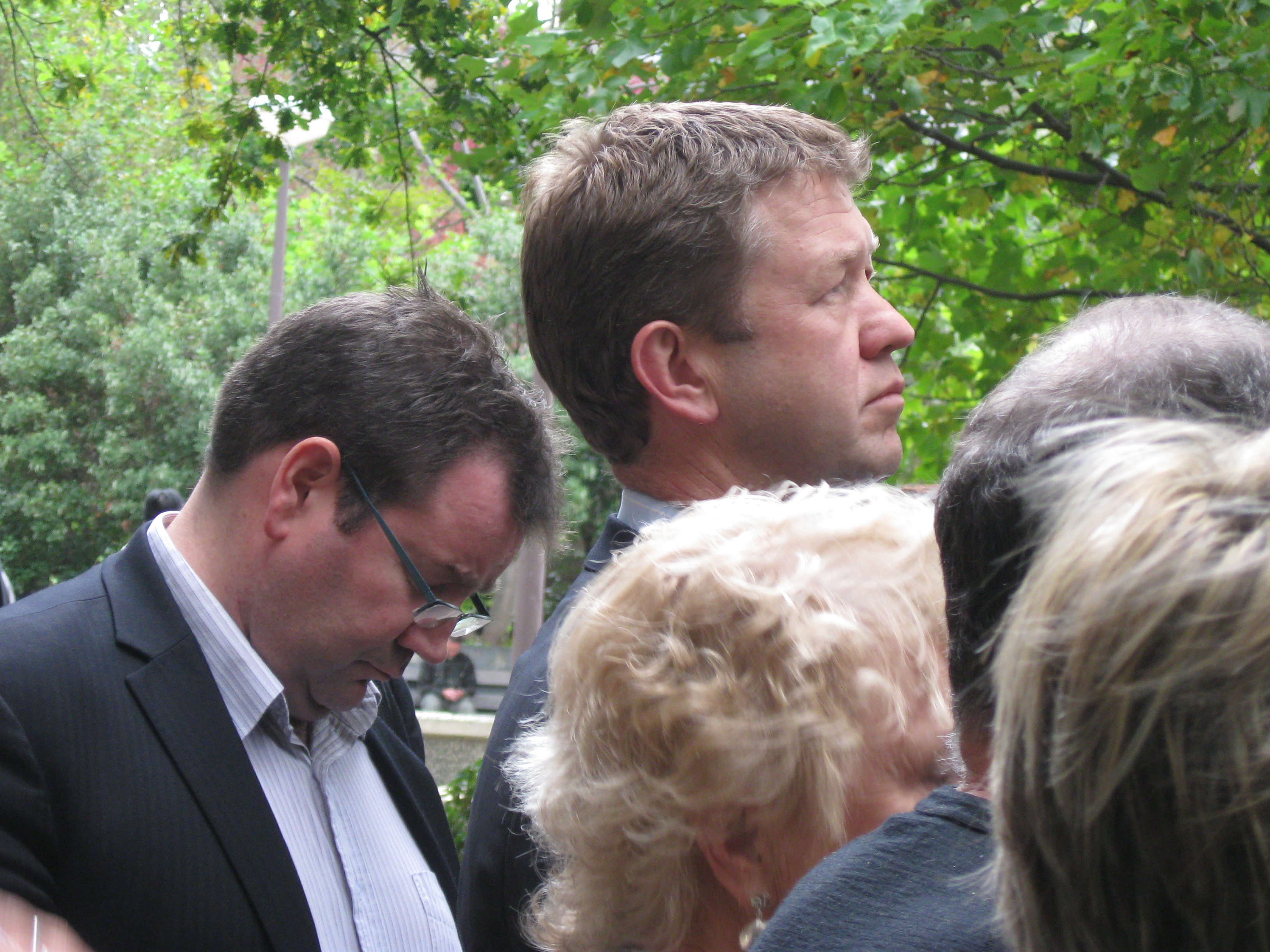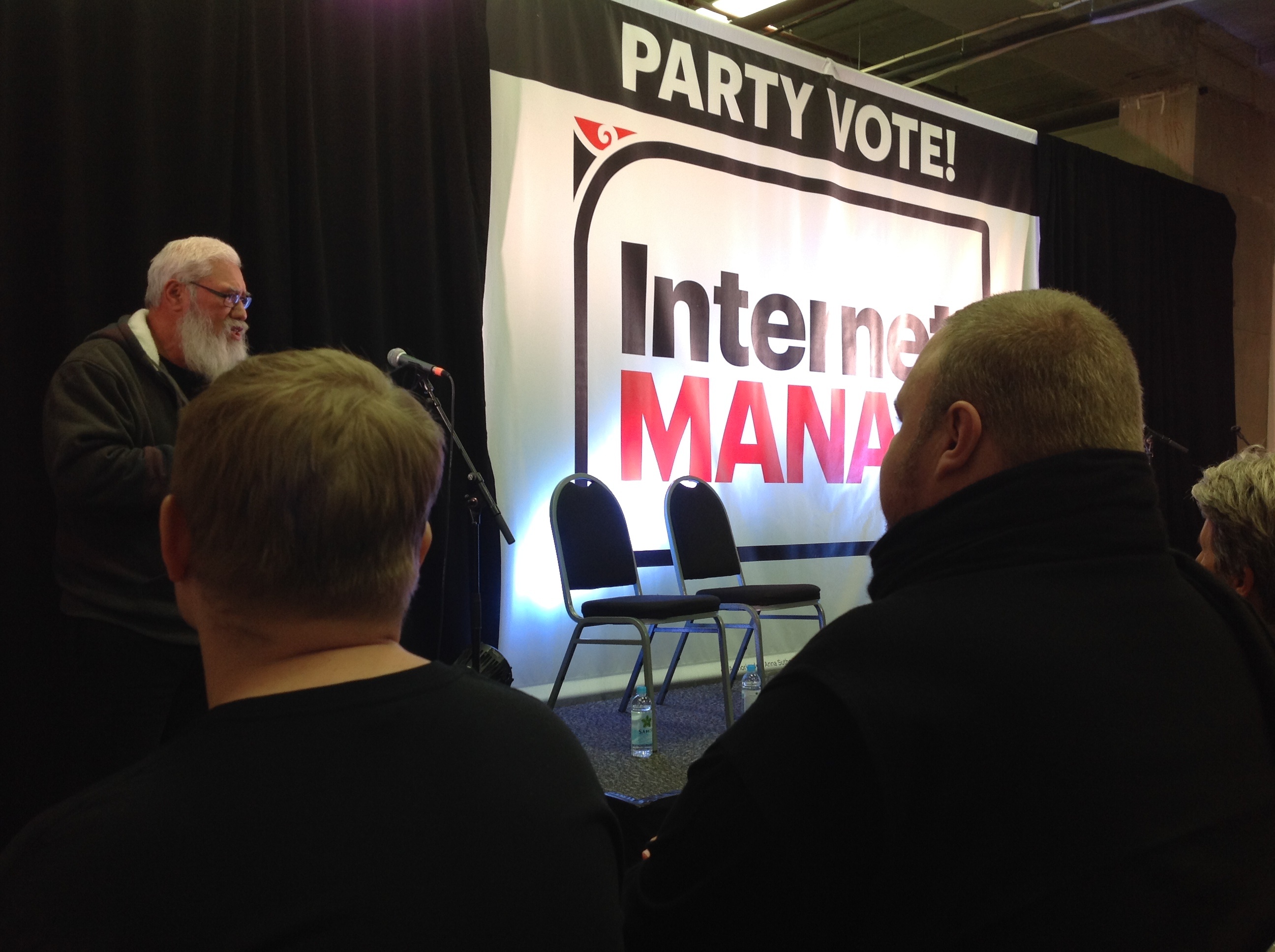Lockdown solution to Covid-19 deserves far more scrutiny, former Labour speechwriter says
By Geoffrey Miller A former Labour press secretary and speechwriter who worked under late Prime Minister Mike Moore says that it’s far from certain that the lockdown solution is the best response to Covid-19 – and we should be questioning the government’s response to the pandemic much more vigorously. Mark Blackham, now director of Wellington public relations firm Blackland PR, told the Democracy Project podcast that “the reaction from the chattering class, the ruling elite and from the media is that this [the lockdown] was the only option that was possible, as if questioning it would be a very dumb...
